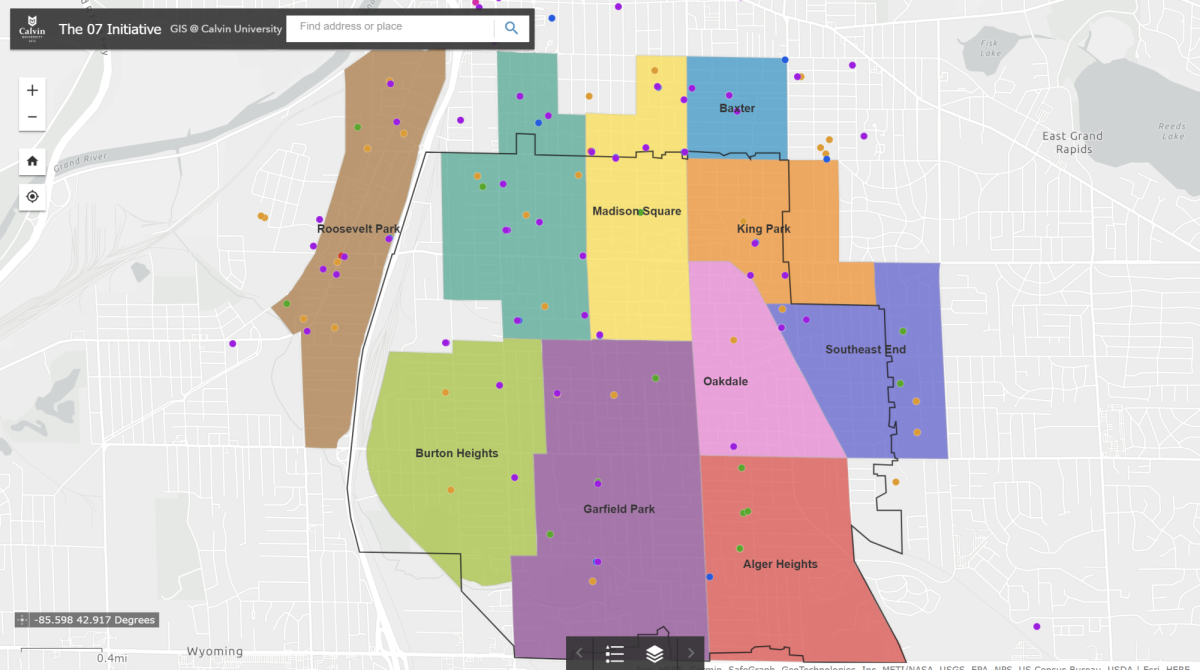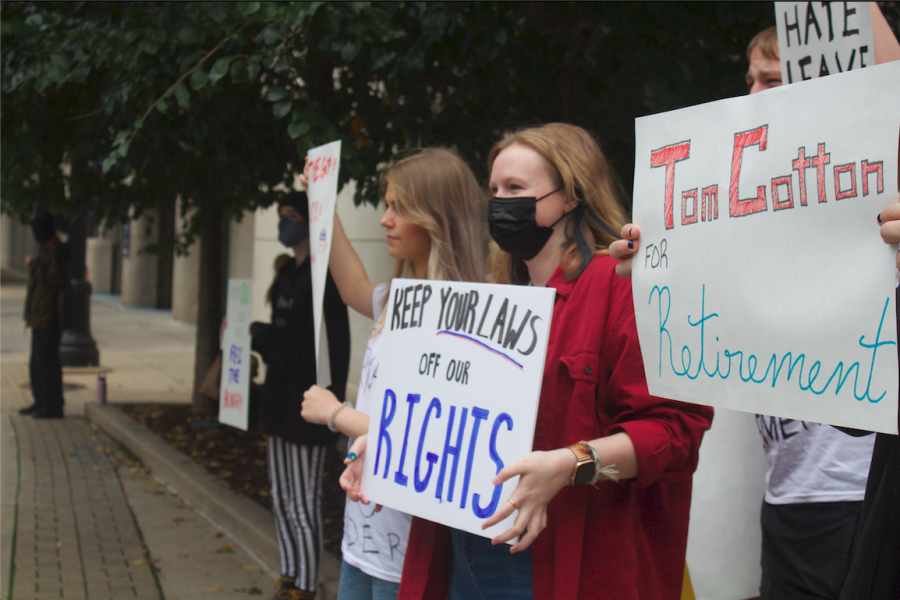Today Michigan residents will vote on whether the state will increase its sales tax by one percent to fund the repair of Michigan roads.
If passed, Proposal 1 will shuffle the tax structure—the current 6 percent sales tax will increase to 7 percent. The tax hike will affect all sales, and is expected to raise $1.2 billion for roads.
The measure would eliminate the sales tax on gasoline purchases while increasing the gas tax in an effort to combat high fuel prices. The new gas tax would charge consumers 41.7 cents per gallon or 14.9 percent of a gallon of fuel’s base value, whichever is greater.
Contingent on the majority support of the public vote, the proposal was passed by both the Michigan House of Representatives and the State Senate earlier this year.
Both sides of the political spectrum came together in support of the bill, notably, Rick Snyder, Senate Majority Leader Randy Richardville, a republican, Senate Minority Leader Gretchen Whitmer, a democrat and Republican Jase Bolger, who is the House Speaker.
At his inauguration, Governor Snyder declared the improvement of roads statewide as one of his priorities in his second term in office. In an interview with NPR, Snyder emphasized his support of the proposal:
“This is an important investment that needs to be made and should’ve been made some time ago,” Snyder said.
The proposal does face opposition, however. Attorney General Bill Schuette, a republican, is the top-ranking official standing against the legislation.
Stating his hesitations to the legislation, he said, “From a policy perspective, this proposal has a lot of potholes and pitfalls. It’s a massive $1.9 billion sales tax increase that goes well beyond road funding. There’s just too much under the tree.”
Conservative groups such as Protect MI Taxpayers and Concerned Taxpayers of Michigan, along with other fiscally-oriented groups have made arguments that a 7% sales tax will move Michigan to have one of the highest sales taxes in the nation.
According to the Michigan Infrastructure Transportation Association, Michigan spends less per capita on roads than any other state, and locally, 40 percent of major urban roads in the Grand Rapids area are in poor or mediocre condition, and increased congestion along downtown arteries has led to deteriorating road conditions.
In addition to increasing safety on the road, public schools would benefit from the legislation by receiving a significant boost in funding. Three hundred million dollars are expected to be allocated to the schools, equivalent to $200 per student.
Chris Kolb, President of the Michigan Environmental Council, calling for support of the proposal, said, “Transit helps ensure that everyone can share in and contribute to that economic success because it provides access to educational, employment and cultural opportunity.”
Polling locations around the state opened at 7 a.m. and will close tonight at 8 p.m.








